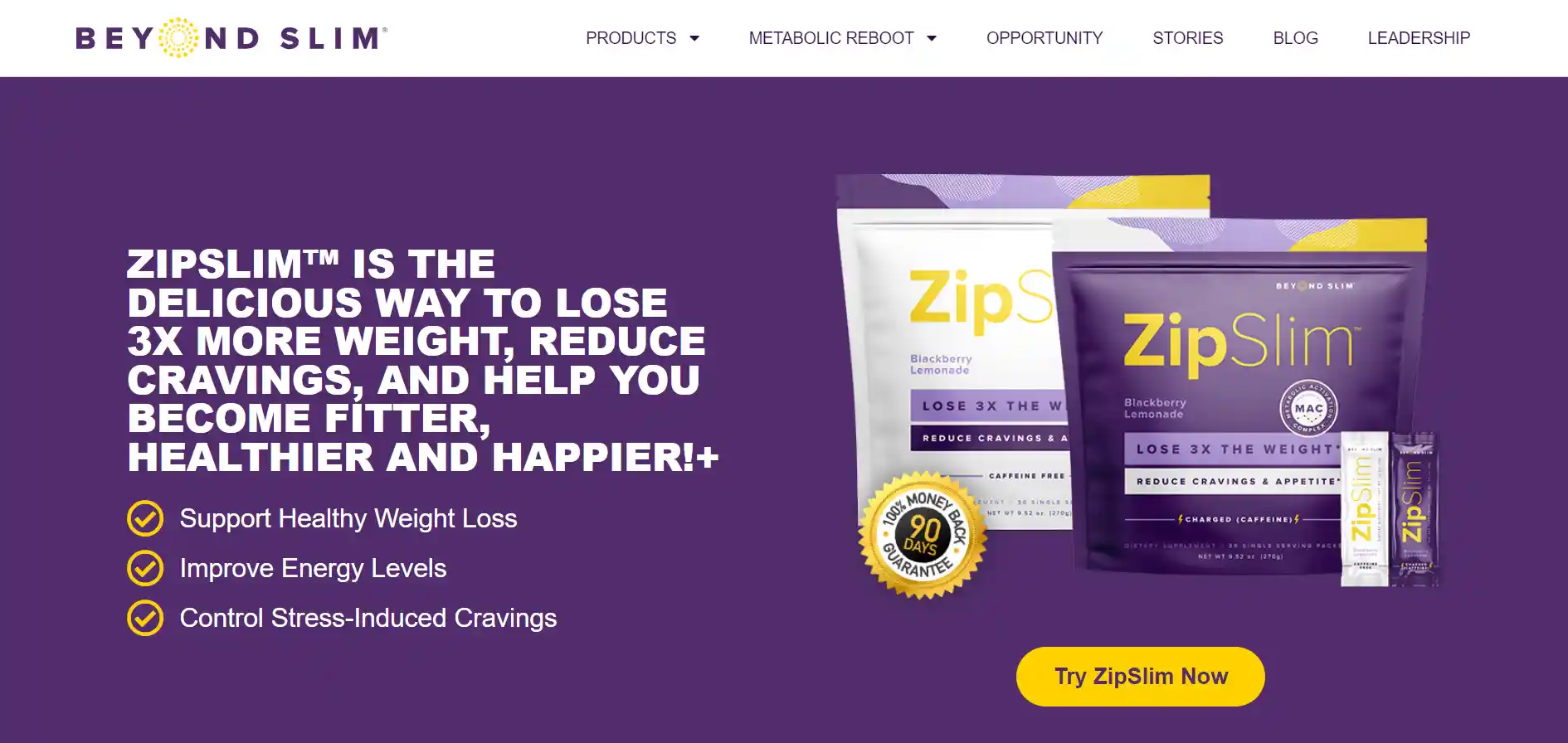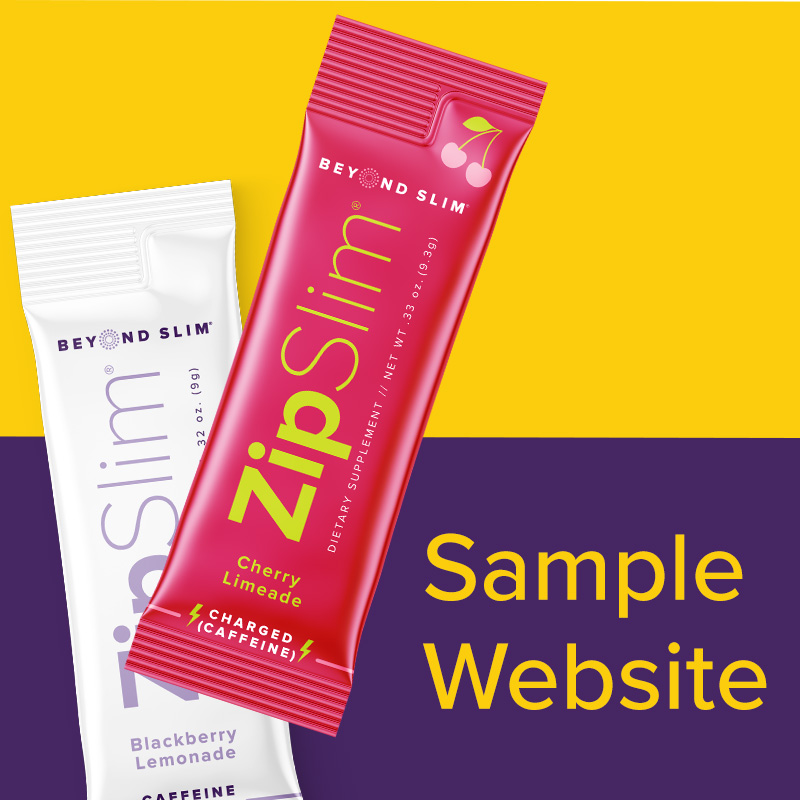Understanding “Zip Slim Weight Loss”

The term “zip slim weight loss” evokes a sense of rapid and effortless weight reduction. It implies a quick, almost instantaneous, transformation from overweight to slim. This phrase, often used in marketing, plays on consumers’ desires for immediate results and a streamlined approach to weight management. However, this perception often clashes with the reality of healthy, sustainable weight loss.
Interpretations and User Expectations
Consumers interpreting “zip slim weight loss” often anticipate a weight loss solution that is fast, convenient, and requires minimal effort. They may envision products or programs that deliver significant weight loss within a short timeframe, perhaps with minimal dietary changes or exercise. This expectation often stems from the enticing yet unrealistic portrayal of weight loss in advertising.
Examples of Products and Services
Various products and services might utilize the term “zip slim weight loss” in their marketing. These could include weight loss supplements promising rapid results, restrictive diets emphasizing quick fixes, or even certain fitness programs that advertise dramatic transformations in a short period. The use of this term often suggests a shortcut to weight loss, rather than a sustainable lifestyle change.
Comparison of Weight Loss Approaches
| Approach | Timeframe | Effort Level | Sustainability |
|---|---|---|---|
| “Zip Slim” (Implied) | Short-term (weeks) | Low | Low |
| Balanced Diet & Exercise | Long-term (months) | Moderate to High | High |
| Medical Weight Loss Programs | Variable | Moderate | Moderate to High |
| Surgical Weight Loss | Long-term | High (initially) | High (with lifestyle changes) |
Marketing and Advertising Aspects
Marketing strategies for products employing “zip slim weight loss” often focus on creating a sense of urgency and desirability. They frequently utilize before-and-after images showcasing dramatic transformations, testimonials emphasizing rapid results, and celebrity endorsements to build credibility. These tactics aim to appeal to consumers’ impatience and desire for quick fixes.
Target Audiences
The target audience for such products is often individuals seeking rapid weight loss, those with limited time or resources for extensive lifestyle changes, and people susceptible to persuasive marketing tactics. This includes individuals struggling with body image issues and those who are easily influenced by promises of quick results.
Ethical Considerations
The ethical implications of using phrases like “zip slim weight loss” are significant. Such claims often overpromise and underdeliver, leading to disappointment and potential harm. The use of such language can be misleading and manipulative, exploiting consumers’ vulnerabilities and creating unrealistic expectations about weight loss.
Misleading Marketing Practices
Examples of deceptive marketing include unsubstantiated claims of rapid weight loss without exercise or dietary changes, the use of misleading before-and-after images, and the omission of potential side effects or risks associated with the product or service. Many products utilize testimonials that may be fabricated or taken out of context.
Health and Safety Concerns
Rapid weight loss methods, often implied by “zip slim weight loss,” can pose significant health risks. These include nutrient deficiencies, muscle loss, metabolic slowdown, and even organ damage. The body needs time to adjust to weight loss, and drastic measures can disrupt its natural processes.
Importance of Consulting Healthcare Professionals
Before embarking on any weight loss program, consulting a healthcare professional is crucial. A doctor can assess individual health conditions, provide personalized advice, and identify potential risks associated with various weight loss approaches. This ensures a safe and effective weight loss journey tailored to individual needs.
Public Service Announcement, Zip slim weight loss
Warning: Be wary of products or programs promising “zip slim” weight loss. Rapid weight loss can be harmful to your health. Consult a doctor before starting any weight loss program. Sustainable weight loss is a gradual process that involves healthy eating and regular exercise.
Potential Side Effects of Unhealthy Weight Loss
- Nutrient deficiencies
- Muscle loss
- Fatigue and weakness
- Headaches and dizziness
- Metabolic slowdown
- Heart problems
- Gallstones
- Electrolyte imbalances
Consumer Perceptions and Experiences
Consumer reviews and testimonials significantly influence perceptions of “zip slim weight loss” products. Positive reviews, even if fabricated, can create a sense of legitimacy and encourage purchases. Negative reviews, however, can expose misleading marketing and deter potential customers.
Realistic vs. Unrealistic Promises

Realistic expectations involve gradual, sustainable weight loss through a combination of diet, exercise, and lifestyle changes. Unrealistic promises focus on rapid weight loss without significant effort, often ignoring the potential health consequences.
Identifying Harmful Products
Strategies for identifying potentially harmful products include scrutinizing product claims, researching the company’s reputation, checking for scientific evidence supporting the claims, and being wary of unrealistic promises or testimonials.
Comparison of Consumer Experiences
| Approach | Initial Results | Long-Term Results | Side Effects |
|---|---|---|---|
| “Zip Slim” (Implied) | Rapid initial weight loss | Often weight regain | Potential for significant health problems |
| Balanced Diet & Exercise | Gradual weight loss | Sustainable weight management | Minimal side effects |
| Medical Weight Loss | Moderate weight loss | Sustainable weight management with support | Potential for medication side effects |
| Surgical Weight Loss | Significant weight loss | Sustainable weight loss with lifestyle changes | Surgical risks and potential complications |
Illustrative Examples

Fictional Scenario
Sarah, eager to lose weight quickly for a wedding, purchased a “zip slim” weight loss supplement promising significant weight loss in just two weeks. She followed the instructions, neglecting healthy eating and exercise. While she initially lost weight, she experienced severe fatigue, headaches, and digestive issues. She eventually regained the weight and suffered long-term health consequences.
Healthy and Sustainable Weight Loss Plan
In contrast, John adopted a balanced diet rich in fruits, vegetables, and lean protein, combined with regular exercise. He gradually lost weight over several months, experiencing improved energy levels and overall health. His weight loss was sustainable, and he maintained a healthy lifestyle long-term.
Critically Evaluating Weight Loss Information
To critically evaluate online information, look for evidence-based claims, verifiable sources, and balanced perspectives. Be wary of exaggerated promises, testimonials without scientific backing, and websites promoting specific products without providing credible information about their safety and effectiveness.



